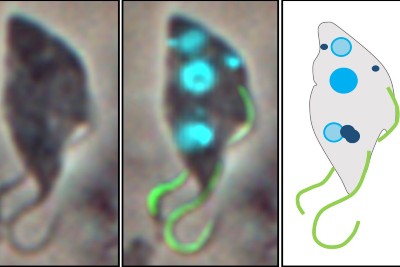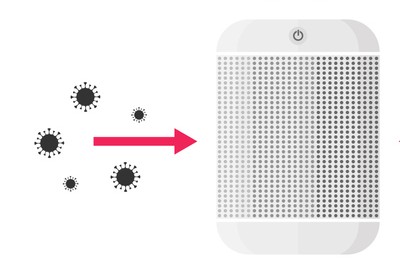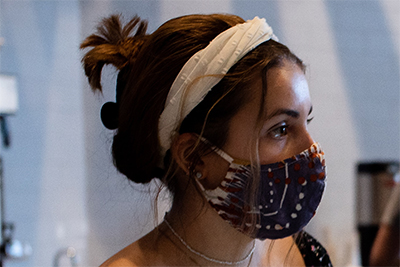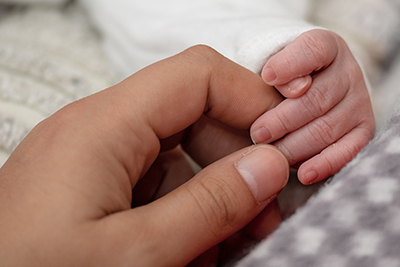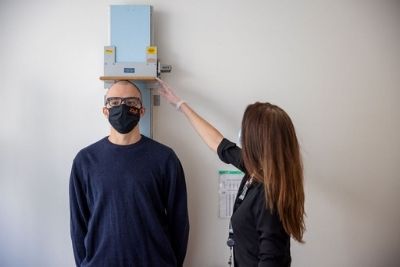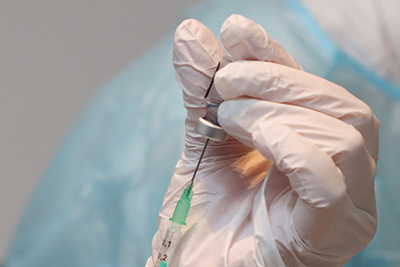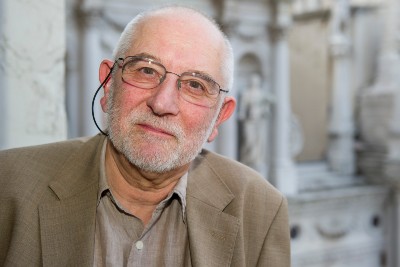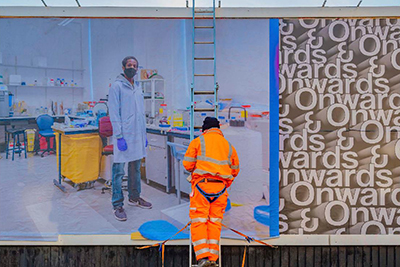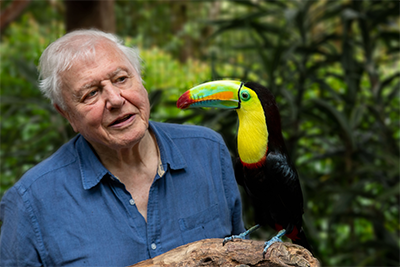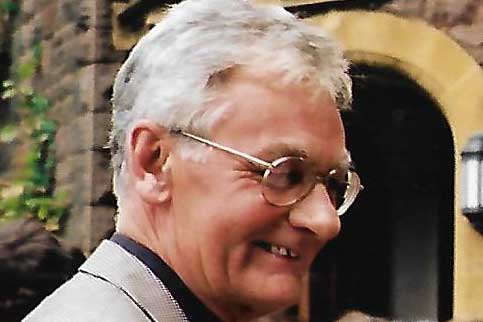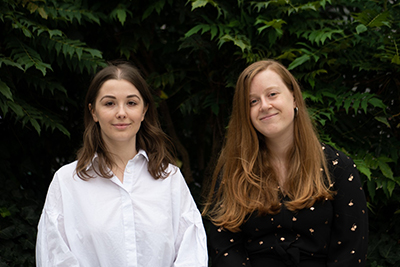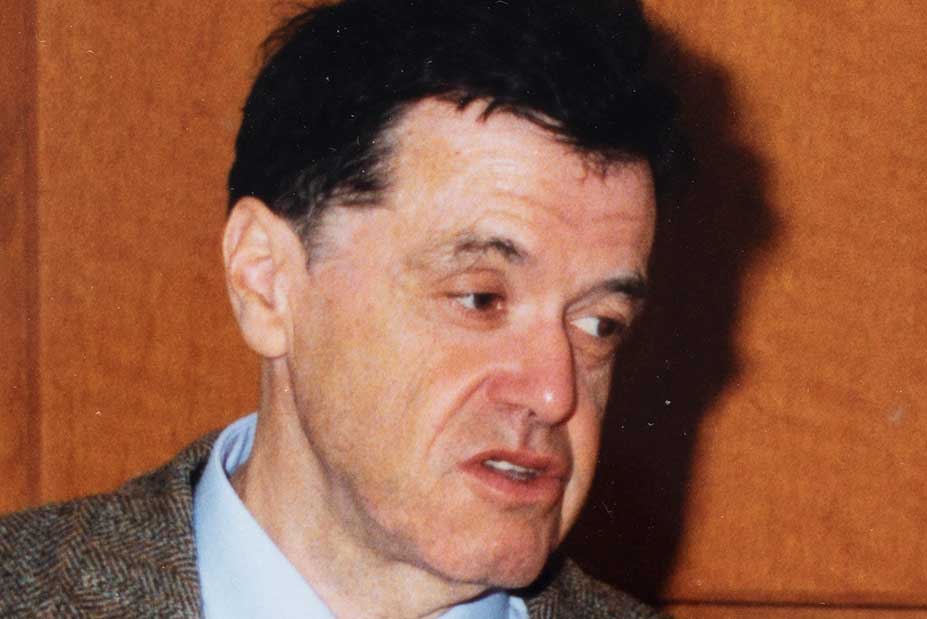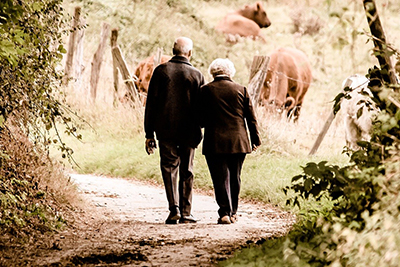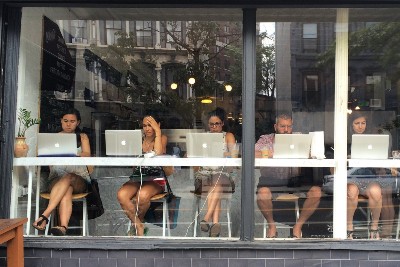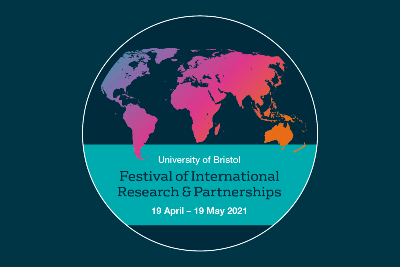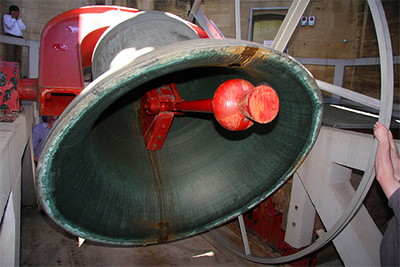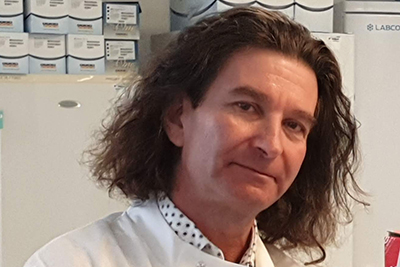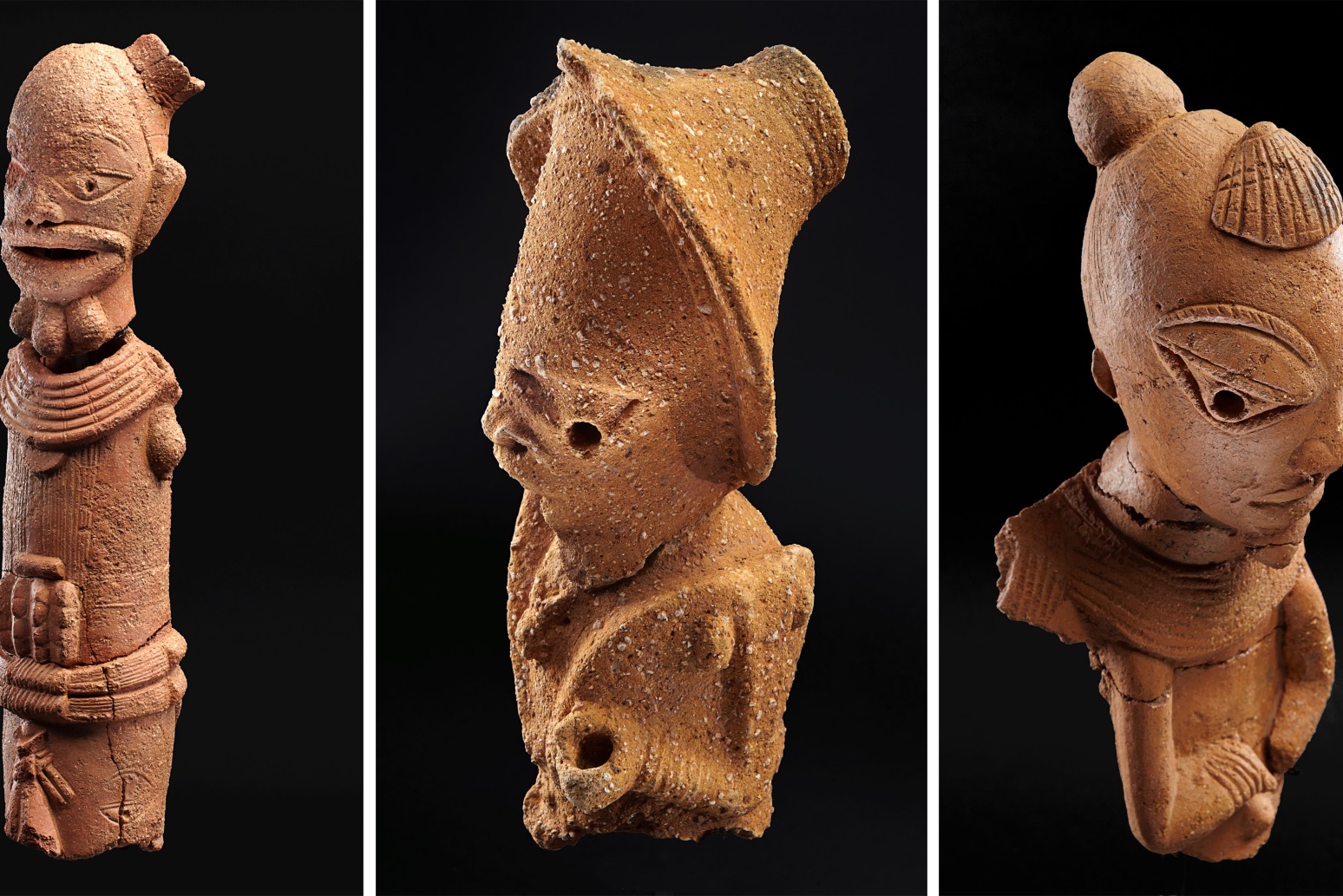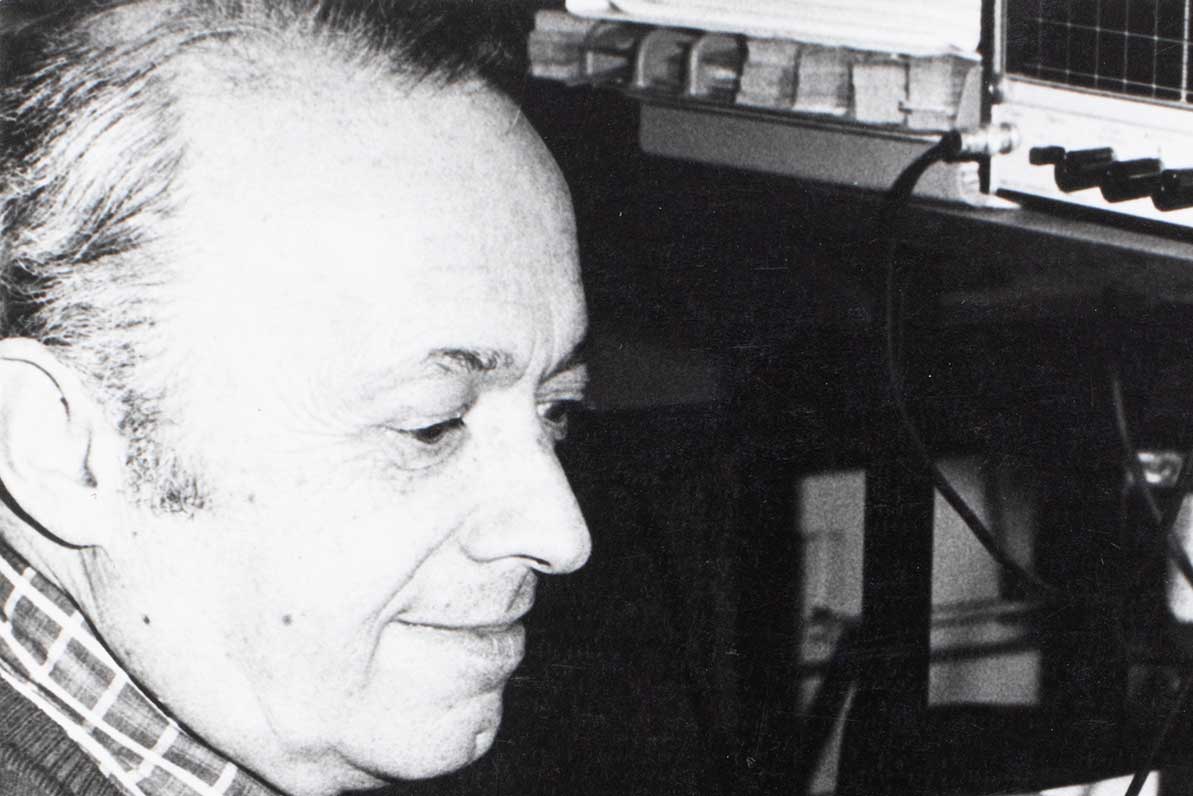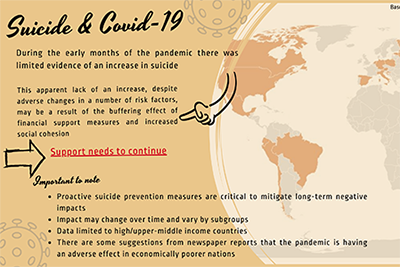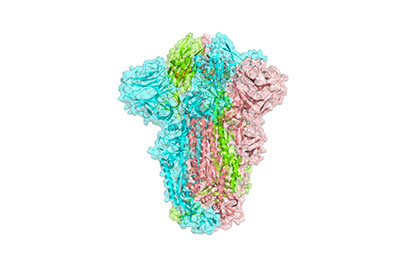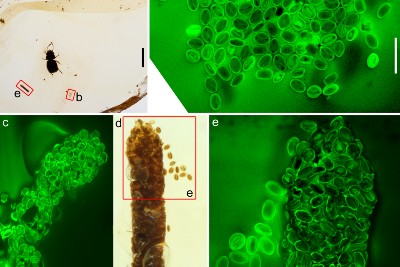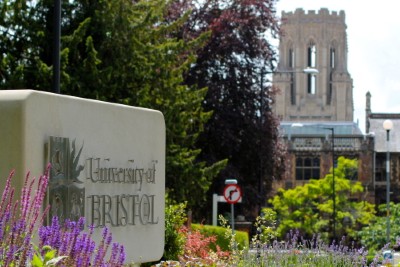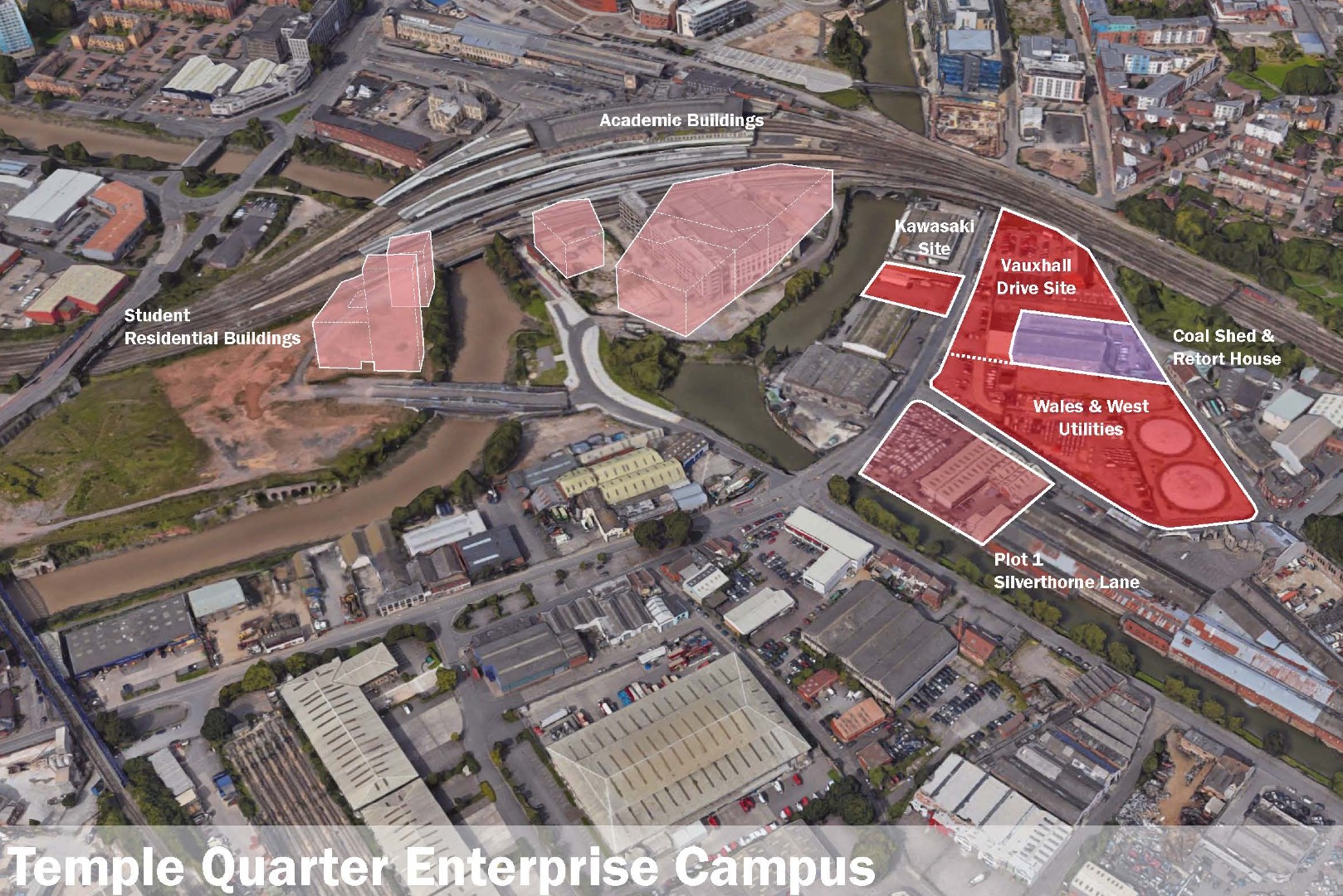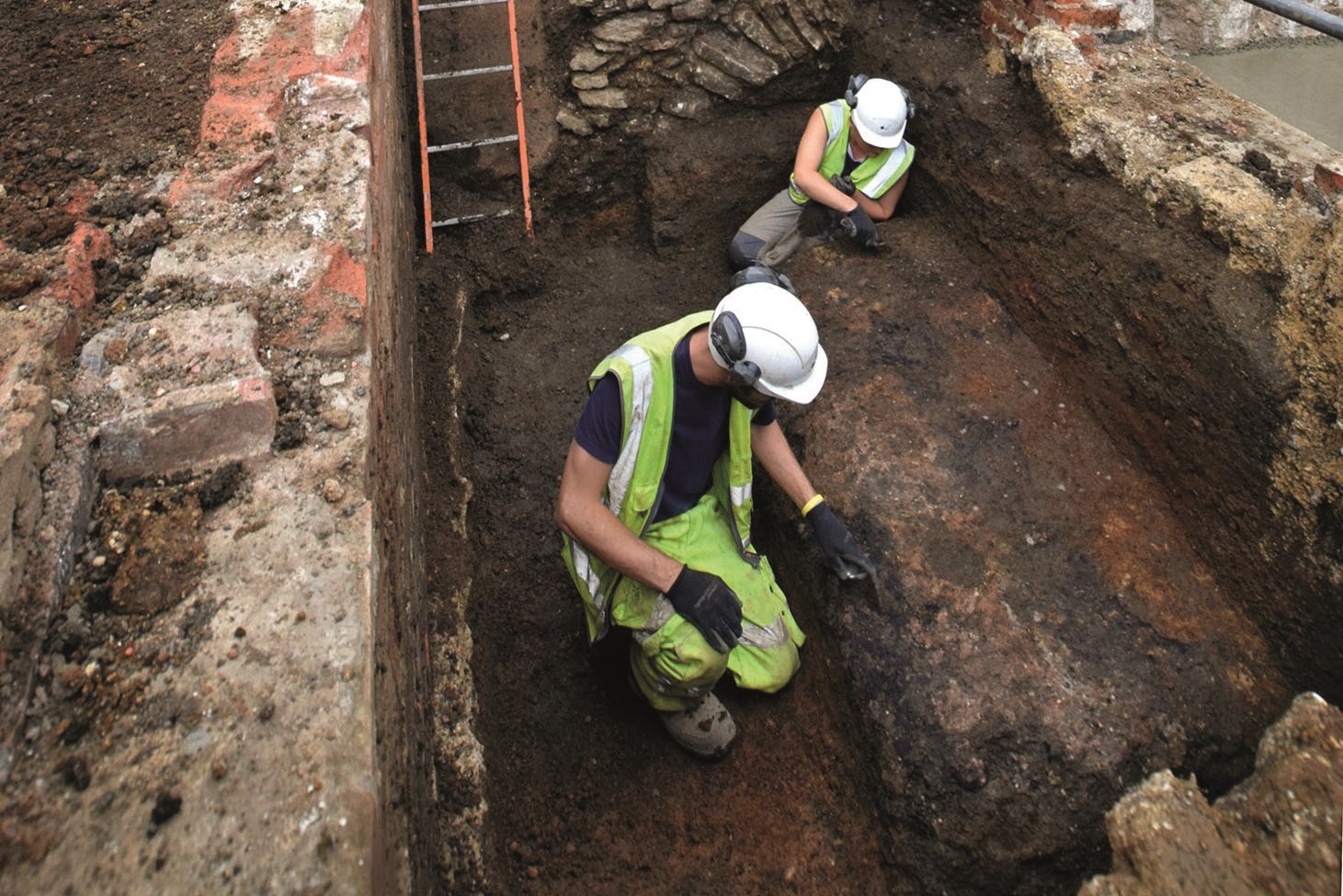Sex cells in parasites are doing their own thing
Researchers at the University of Bristol have discovered how microbes responsible for human African sleeping sickness produce sex cells.
Researchers at the University of Bristol have discovered how microbes responsible for human African sleeping sickness produce sex cells.
Nearly one in five people who haven’t had a Covid vaccine say they'll feel resentful towards those who have if they don’t get one in time for their summer holidays, while the proportion of the public who think vaccine passports will infringe civil liberties has increased since March and about half think they’ll be sold on the black market, according to a new study.
There is an important absence of evidence regarding the effectiveness of a potentially cost-efficient intervention to prevent indoor transmission of respiratory infections, including COVID-19, warns a study by researchers at the University of Bristol.
Volunteers from the Bristol area are being asked to sign up to the latest COVID-19 vaccine study to be rolled out across the UK.
Scientists from the University’s Quantum Engineering Technology Labs (QETLabs) have developed an algorithm that provides valuable insights into the physics underlying quantum systems - paving the way for significant advances in quantum computation and sensing, and potentially turning a new page in scientific investigation.
A major study into the factors affecting IVF treatment success, led by NIHR Bristol Biomedical Research Centre (BRC) researchers at the University of Bristol, is restarting after a year-long pause due to COVID-19.
Thirty years after it first started, the Children of the 90s health study – one of the largest, most detailed longitudinal birth cohorts in the world – announced today [28 April] that it will launch its biggest collection of health data yet on three generations of Bristol families in September.
The public's preference for the AstraZeneca Covid vaccine has declined since last month, and belief that it causes blood clots has increased – but despite this, vaccine confidence is higher than it was towards the end of 2020, and there has been a big rise in the proportion of people who say they want to be vaccinated as soon as possible, according to a new study.
Professor Sir Michael Berry FRS FRSE FRSA, Melville Wills Professor of Physics (Emeritus) at Bristol University, has been admitted as an Honorary Fellow of the Learned Society of Wales (LSW), the UK's newest academy, founded in 2010.
The human stories behind Bristol scientists who are playing an important role in global efforts to overcome COVID-19 have been captured in a billboard campaign by a Bristol-based photographer.
Ever since her first expedition to remote realms of glaciers and ice sheets, world-leading glaciologist Professor Jemma Wadham was so captivated by their mysterious beauty, that getting to grips with how they worked instantly became a career-defining passion.
University researchers feature on a Netflix series narrated by Sir David Attenborough.
The University will receive €13M for globally significant research into anti-microbial resistance, artificial reproduction, futuristic materials, quantum mechanics, the philosophy of evolution and a truth taskforce to combat misinformation.
When it comes to friendships and rivalries, male dolphins know who the good team players are. New findings, published in Nature Communications by University of Bristol researchers, reveal that male dolphins form a social concept of team membership based on cooperative investment in the team.
More than half of adults plan to fly less or much less, even after they have been vaccinated against COVID-19, citing worries about the virus and climate change, according to a survey carried out by the University of Bristol
Dr John Hibberd, who played a major role in the life of the German Department from his arrival in 1963 to his retirement in 2000 and beyond, passed away earlier this month. This appreciation of his life and career as a teacher, translator and researcher also appears on the department's webpages.
Two scientists are developing climate change-fighting technology that could slash energy use in buildings.
John Vincent, Emeritus Professor of History, passed away in March at the age of 83. Professor Ronald Hutton offers a remembrance.
The National Institute for Health Research Bristol Biomedical Research Centre (NIHR Bristol BRC), a partnership between the University of Bristol and University Hospitals Bristol and Weston NHS Foundation Trust (UHBW), will host intern Angel Obierozie this summer as part of the Health Data Research UK (HDR UK) programme to tackle the underrepresentation of Black people in science.
This Parkinson's disease awareness week [10-16 April], researchers at the Royal United Hospitals Bath NHS Foundation Trust and the University of Bristol are looking to recruit more patients to take part in a number of studies they run in the field of Parkinson's disease.
The widespread proliferation of the internet and information and communication technologies (ICT) has drawn people into urban centres, according to new research.
Reaching net zero carbon dioxide emissions, eliminating hunger and poverty, tackling misinformation and vaccine hesitancy, decolonisation, and overcoming the digital divide are among key topics set to take centre stage at the inaugural University of Bristol Festival of International Research and Partnerships, which starts next week.
Great George, Bristol's largest bell housed in the tower of the Wills Memorial Building, will be playing his part when the nation observes the funeral of His Royal Highness The Prince Philip, Duke of Edinburgh on Saturday [17 April].
A singing group has swept to victory in the UK finals of the world’s biggest a cappella competition.
A leading cancer scientist whose work helps towards beating cancer in the city, will officially open the first Cancer Research UK superstore in Bristol today [Thursday 15 April].
New research has found that the most reliable indicators of willingness to be vaccinated against SARS-CoV-2, the virus that causes COVID-19, are rejection of conspiracy suspicions about COVID-19 and a positive attitude towards vaccines in general. The study by King's College London and the University of Bristol is published in the leading peer-reviewed journal Psychological Medicine.
A team of scientists, led by the University of Bristol, with colleagues from Goethe University, Frankfurt, has found the first evidence for ancient honey hunting, locked inside pottery fragments from prehistoric West Africa, dating back some 3,500 years ago.
Professor Herbert “Freddie” Gutfreund, Emeritus Professor of Biochemistry, died in March 2021. Professor Stephen Halford FRS offers this appreciation.
A new observational study is the first to examine suicides occurring during the early phase of the COVID-19 pandemic in multiple countries and finds that suicide numbers largely remained unchanged or declined in the pandemic's early months. The study, led by an international team including University of Bristol researchers, is published in The Lancet Psychiatry journal.
A team of top scientists from the University of Bristol have announced the formation of a new biotech company that is developing ground-breaking and newly patented potential treatments for coronavirus.
An amber fossil of a Cretaceous beetle has shed some light on the diet of one of the earliest pollinators of flowering plants.
Professor Hugh Brady, Vice-Chancellor and President, paid tribute to the late Prince Philip today.
Four in 10 people think those without a Covid-19 vaccination will be discriminated against, while around a quarter of the public have concerns about vaccine passports, according to a new study. The research, by the University of Bristol and King’s College London, also finds that three in ten people say the vaccine rollout has increased their trust in the UK government, and that before the latest news about the AstraZeneca vaccine, a majority did not believe it causes blood clots.
The Temple Quarter Enterprise Campus is an anchor investment in one of the UK’s largest regeneration schemes and fundamental to the long-term future of the University of Bristol.
A team of scientists, led by the University of Bristol, with archaeologists from Oxford Archaeology, have found the first evidence of a religious diet locked inside pottery fragments excavated from the early medieval Jewish community of Oxford.
